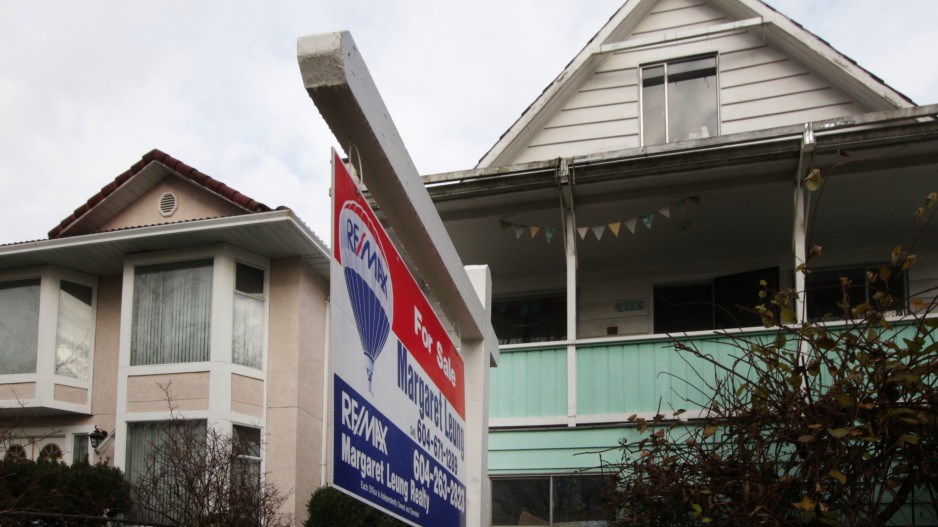During the last provincial election, British Columbians were primarily preoccupied with housing, homelessness and poverty – three issues that outpaced topics such as the economy and jobs, the environment and heath care in the minds of would-be voters.
One of the main decisions implemented by the incoming provincial BC New Democratic Party (NDP) government was to establish new taxes related to home ownership, as well as expand some levies that had been introduced by the BC Liberals.
Before the year 2019 drew to a close, Research Co. asked British Columbians about their views on these actions and what they have done, or could do, to make housing more affordable for residents. The results show a public that is mostly satisfied with these decisions, with some regulations enjoying larger levels of support than before, as well as some hope that the process will ultimately help everyone who seeks to become a homeowner.
One of the seemingly controversial decisions by the provincial government was the design and introduction of a “speculation tax” in specific urban areas targeting foreign and domestic homeowners who pay little or no income tax in British Columbia, and those who own second properties that are not long-term rentals.
In December, three in four British Columbians (76%) agreed with the speculation tax – an eight-point increase since we last looked at this issue in March 2019. Majorities in all five regions of the province are in favour of this decision, including 75% in Metro Vancouver, 76% in Vancouver Island, 78% in southern B.C., 80% in the Fraser Valley and 82% in Northern B.C.
There was some thought that the speculation tax would be popular with supporters of the BC NDP and the BC Green Party, and disheartening for those who voted for the BC Liberals. Our tracking work has shown that this is simply not true. While the level of agreement with the “speculation tax” is highest among BC NDP voters from 2017 (86%), it stands at 75% with those who supported either the BC Liberals or the BC Greens.
The foreign-buyer’s tax that was created by the BC Liberals and came into force in August 2016 also went through some changes once a new administration landed in Victoria. The current provincial government’s decision to increase the foreign-buyer’s tax from 15% to 20% is regarded as a positive move by 77% of British Columbians. The same proportion (77%) also endorses the expansion of this tax to areas located outside of Metro Vancouver.
More than seven in 10 British Columbians are also in agreement on two other measures related to housing. The increase in the property transfer tax from 3% to 5% for homes valued at more than $3 million – with the 5% portion only applying to the value greater than $3 million – is seen as a good idea by 72% of British Columbians. Support is identical (72%) for the introduction of a 0.2% tax on the value of homes between $3 million and $4 million, and a tax rate of 0.4% on the portion of a home’s value that exceeds $4 million.
The other theme that needs to be reviewed is the reaction from the public on whether all of these regulations will ultimately assist the province’s residents. In the latest survey, 49% of British Columbians said they think the actions of the provincial government will be “effective” in making housing more affordable in the province. This represents a 10-point increase since March 2019, when only 39% of residents felt this way.
As expected, the desire to see these measures become successful in dealing with housing affordability in the province is strongest among BC NDP voters (58%) and BC Green voters (59%). However, almost half of BC Liberal voters in 2017 (49%) also feel the housing taxes will be effective.
Across the province, agreement with the housing taxes has remained strong, and in some cases – such as the speculation tax and the property transfer tax increase – support has increased over time.
In spite of the protests that garnered media coverage a few months ago in Vancouver’s wealthiest neighbourhoods, the level of opposition from BC Liberal voters to the provincial housing taxes ranges between 18% and 25%, depending on which specific measure is assessed. Critiquing the provincial government’s housing decisions has not been wildly successful for the official opposition, as only about one in four or one in five voters are genuinely upset.
Results are based on an online study conducted from December 12–16, 2019, among 800 adults in British Columbia. The data has been statistically weighted according to Canadian census figures for age, gender and region in Canada. The margin of error, which measures sample variability, is plus or minus 3.5 percentage points, 19 times out of 20.
- Mario Canseco is president of Research Co.





